On December 16, 1653 in Celtic History
Oliver cromwell becomes lord protector of ireland
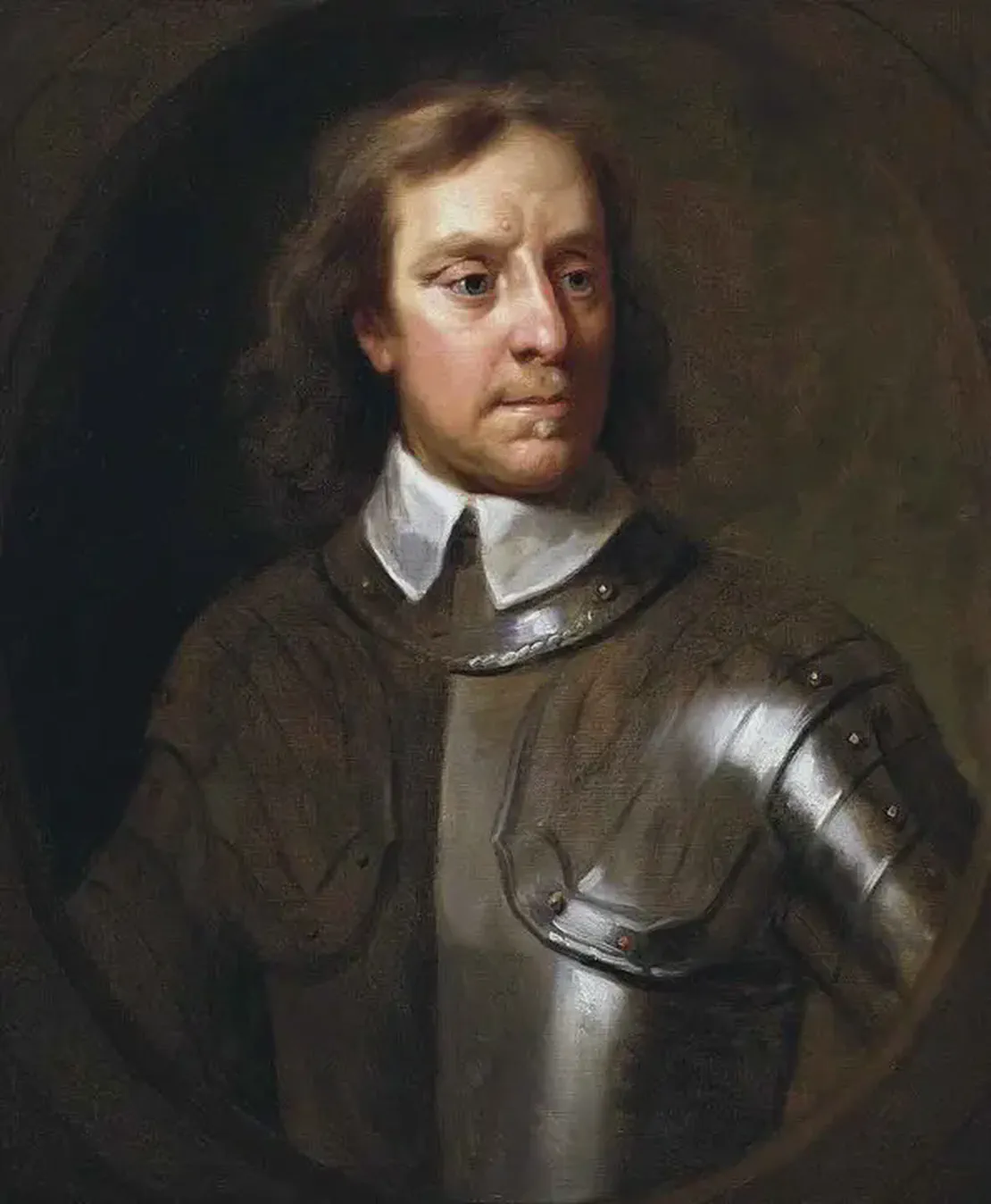
Oliver Cromwell became Lord Protector of the Commonwealth of England, Scotland, and Ireland after the English Civil War.
His role as Lord Protector began on December 16, 1653, following the dissolution of the Rump Parliament.
The title “Lord Protector” was essentially a de facto head of state position, and Cromwell held considerable power during this period.
Oliver Cromwell (25 April 1599 – 3 September 1658) was an English statesman, politician and soldier, widely regarded as one of the most important figures in the history of the British Isles.
He came to prominence during the 1639 to 1653 Wars of the Three Kingdoms, initially as a senior commander in the Parliamentarian army and latterly as a politician. A leading advocate of the execution of Charles I in January 1649, which led to the establishment of The Protectorate, he ruled as Lord Protector from December 1653 until his death in September 1658.
Cromwell remains a controversial figure due to his use of the army to acquire political power, and the brutality of his 1649 campaign in Ireland.
Cromwell played a significant role in the military and political events of the time. His tenure as Lord Protector had a notable impact on Ireland, particularly during the Cromwellian conquest of Ireland (1649–1653). The campaign was marked by military actions and sieges, including the infamous Siege of Drogheda and the Siege of Wexford. The conquest resulted in significant social, political, and economic changes in Ireland, with Cromwell implementing harsh measures against the Catholic population.
Cromwell’s rule as Lord Protector lasted until his death in 1658. After his death, the Protectorate quickly unraveled, leading to the eventual restoration of the monarchy in 1660 under King Charles II.
Related Content

Shane Patrick Lysaght MacGowan, lead singer of the Pogues, died
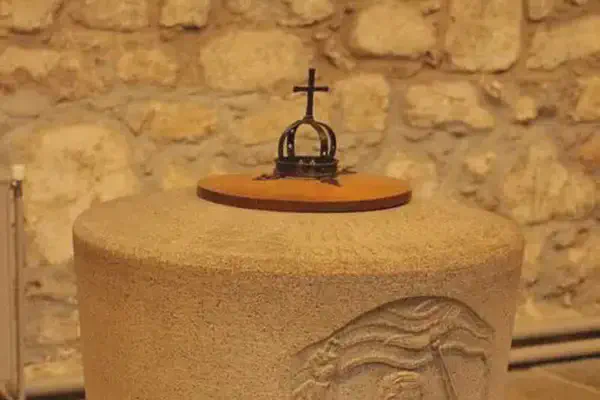
St Machar Day, patron saint of Aberdeen

Oíche Shamhna - Cetlic New Year Eve (Halloween)
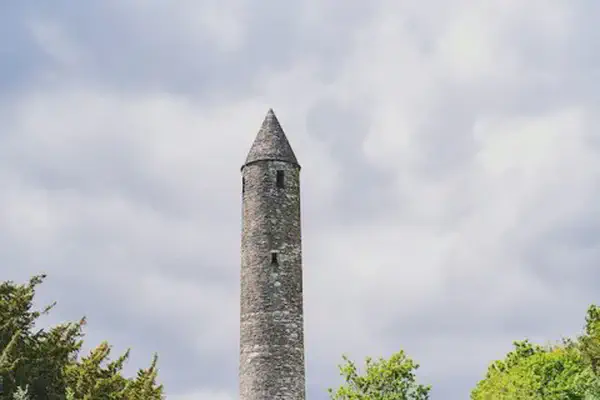
ALBAN ELFED (Welsh Bardic name for autumn equinox)
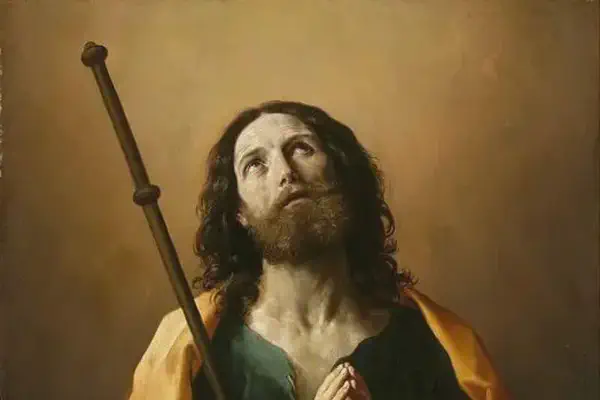
Feast day of St. James
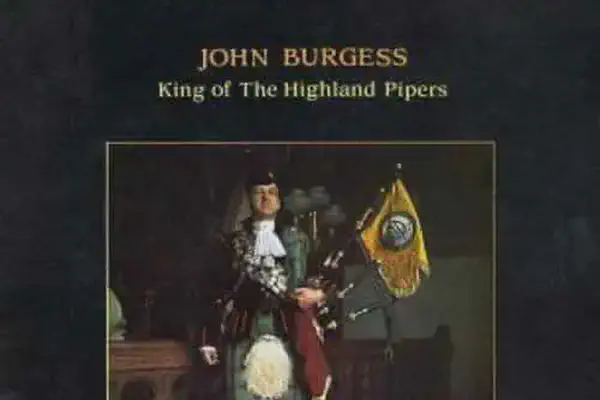
John Davie Burgess, King of the Highland Pipers, died at age 71.